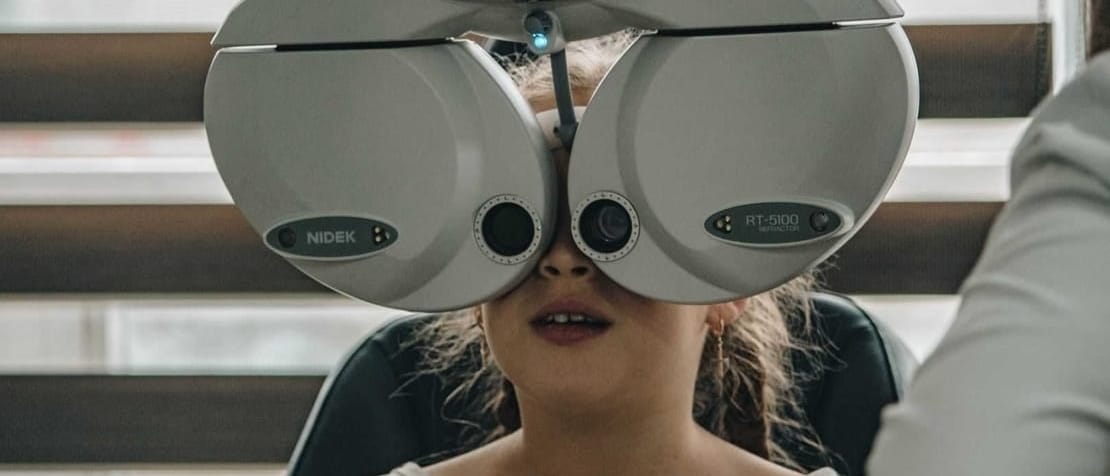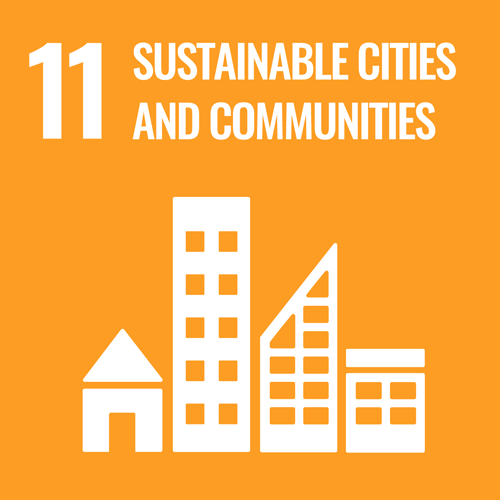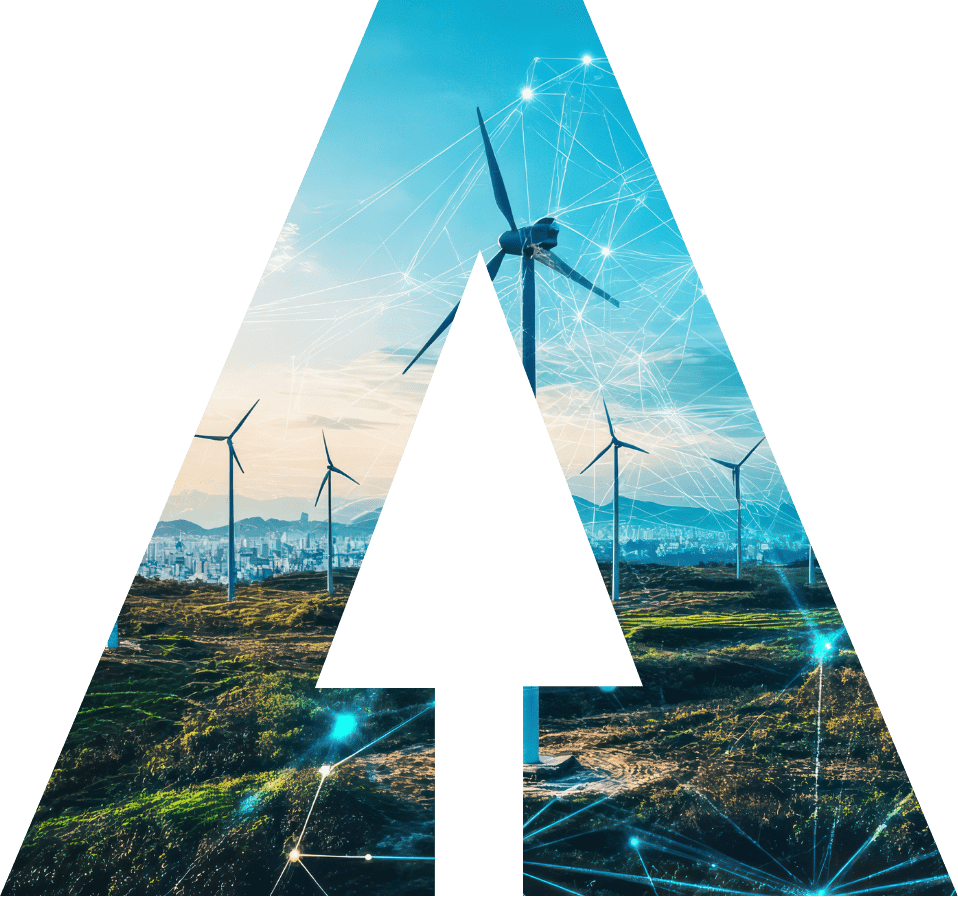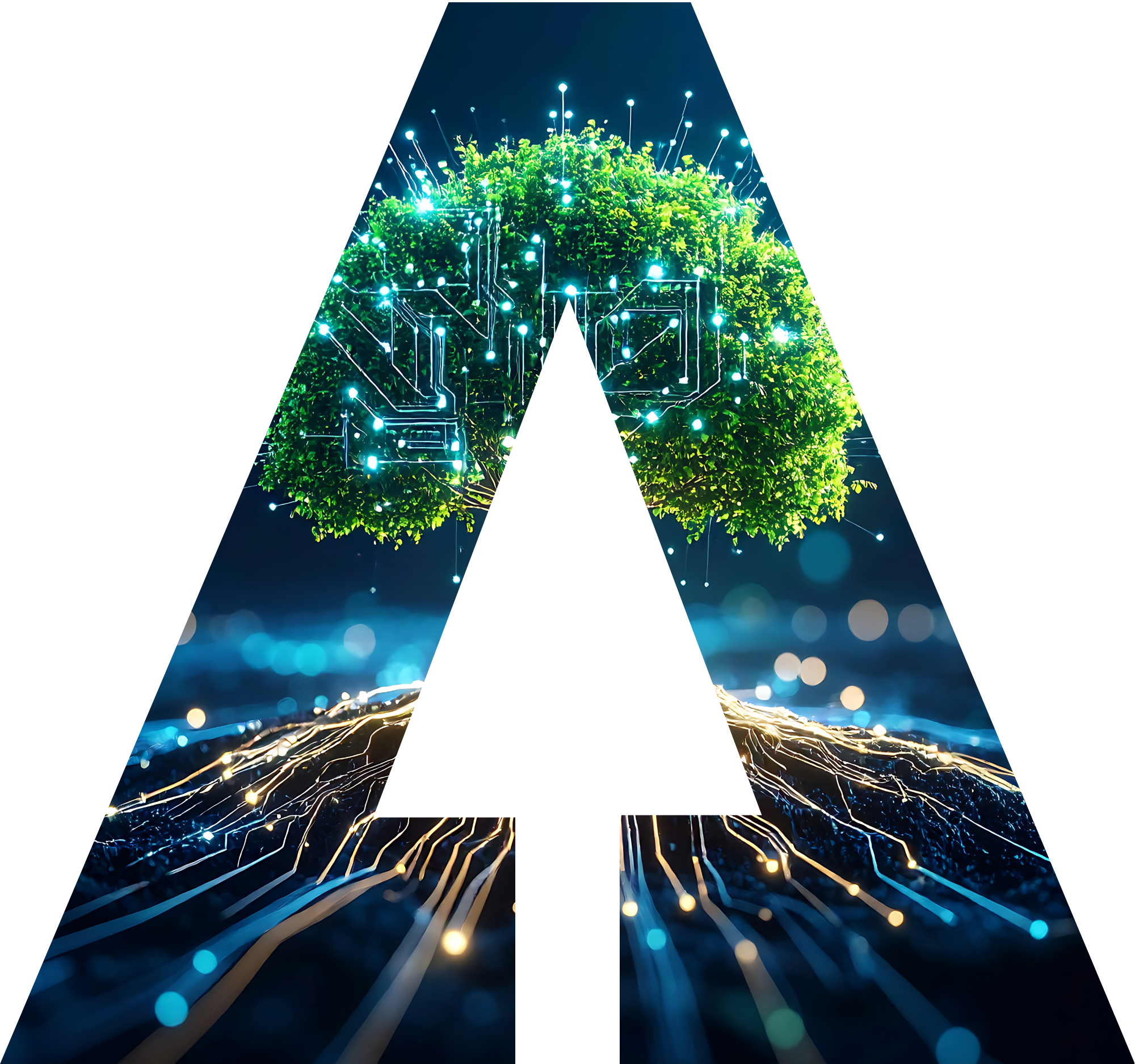Much has been said about the ability of Artificial Intelligence (AI) to greatly enhance productivity.
Unlike the industrial revolution where productivity was improved for labor-intensive work, AI extends that power to knowledge-based work, helping humans make better, faster and more insightful decisions.
This technological advancement has great potential to address the imbalance of resources and help build a more equitable society.
For instance, AI is already having enormous impact in areas such as healthcare.
How AI can improve healthcare
Educating and training doctors has traditionally been a time-consuming and expensive process, taking an average of more than 10 years. This long lead-time is especially problematic for developing countries where lack of resources for education can lead to doctors being undereducated, or worse, under-trained.
RELATED: ITU and WHO host ‘Artificial Intelligence for Health’ Workshop in Shanghai, China.
This can significantly affect the quality of healthcare provided to patients. For example, of the 40,000 ophthalmologists in China, less than 10% are able to diagnose fundus lesions in people’s eyes. Fundus diseases are a major cause of blindness in the developing world if not treated properly.
AI helps solve this issue by studying large amounts of decision-making examples from medical experts, then putting that information into use by assisting doctors to make better diagnoses and treatment decisions.
Rather than replacing the doctor, AI is there to empower them to make better decisions. The potential impact is enormous.
Take the AI Fundus Machine that Baidu developed in collaboration with Chinese hospitals as an example. By learning from abundant precisely labelled fundus images using an interpretable evidence-based architecture, the system has achieved a comparable diagnostic accuracy of a professional ophthalmologist with 10 years above experience.
The screening and analysis are completed in 10 seconds.
AI has a global ethical obligation
Healthcare aside, AI also has the potential to play a pivotal role in a wide range of global issues and social causes, such as addressing poverty, dealing with natural disasters, improving education, enhancing public safety, and preserving cultural heritage.
But with AI development comes responsibility – from both an ethics and a safety point of view.
As AI technologies continue to develop and AI-powered machines assume more roles, the impact of a system failure grows exponentially. That’s why the industry is demanding – and rightfully so – that the standard for safe and reliable AI is higher than any other new technologies in the past.
Using healthcare as an example, lives are literally a stake. So, AI applications must have safety measures in place, alongside a clear understanding of the role AI plays around medical decisions.
RELATED: ‘AI for Good’ or scary AI?
AI presents incredible challenges and countless opportunities for society. Creating an ethics framework to balance the relationship between humans and machines, in conjunction with clear lines of responsibility, are part of the foundation for developing AI.
As AI continues to grow rapidly and impact more lives on a daily basis, it is increasingly important for governments, companies, academia and the public to come together to discuss and collaborate on the rulemaking of AI.


 Register here
Register here














